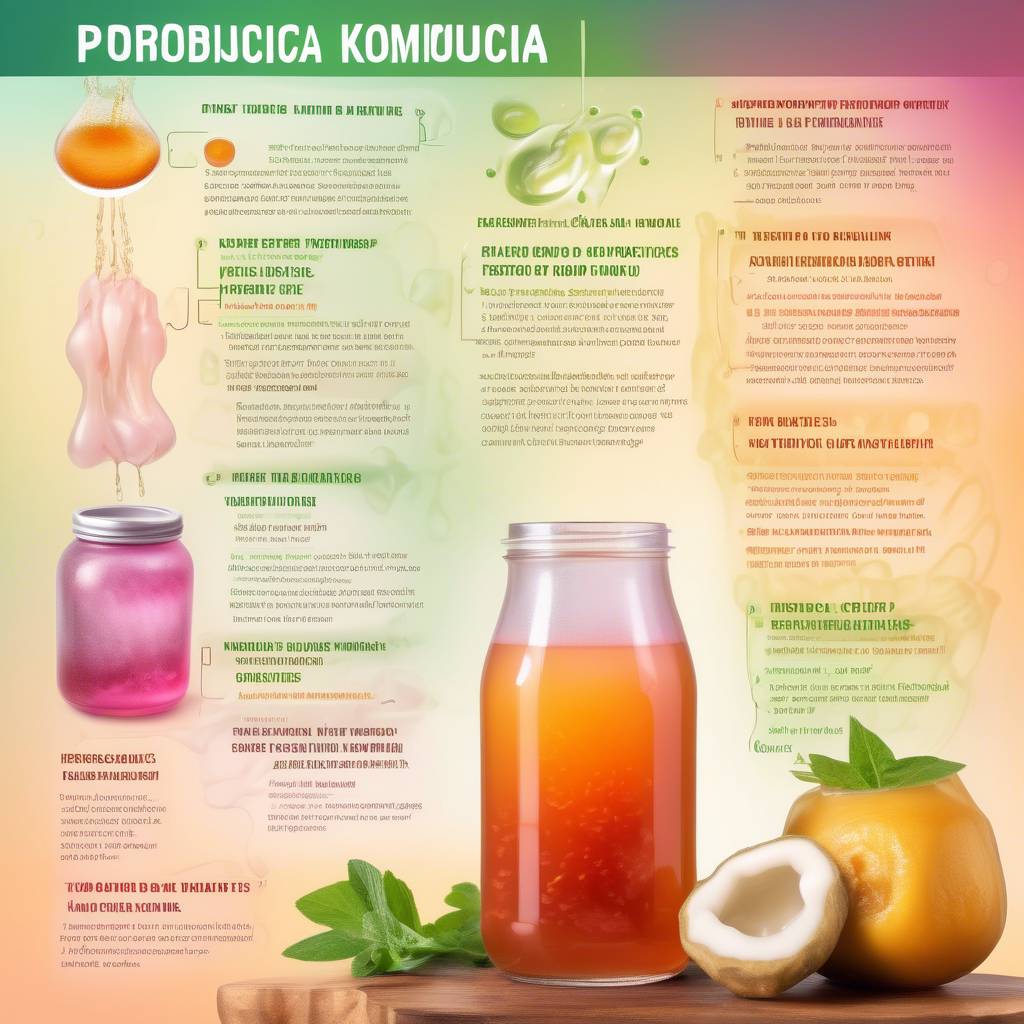High triglyceride levels in the body have been linked to an increased risk of cardiovascular disease, as well as other health conditions. Making healthy lifestyle changes such as exercising regularly, losing weight, limiting alcohol consumption, and eating a healthy diet can help lower triglyceride levels. Researchers from The University of North Carolina at Chapel Hill have found that drinking kombucha tea may also help reduce fat accumulation and lower triglyceride levels in a worm model. This study was recently published in the journal PLOS Genetics. Kombucha tea is a fermented drink made from black tea and a symbiotic culture of bacteria and yeast (SCOBY), making it a probiotic beverage.
Rob Dowen, PhD, a professor of cell biology and physiology at The University of North Carolina at Chapel Hill, explained that modern diseases such as diabetes, hypertension, and cardiovascular disease are among the leading causes of early death, often due to dysregulation of lipid homeostasis. Investigating functional foods that may improve lipid homeostasis is crucial for supporting long-term health. The researchers focused on kombucha tea as a potential way to lower triglyceride levels, as previous studies have suggested it may have beneficial effects on diseases such as diabetes, liver disease, and gut health. While some people may experience side effects when drinking kombucha, such as increased heart rate or heartburn, past research has shown potential benefits for cardiovascular health.
Using a worm model, scientists found that after ingesting kombucha tea, microbes from the tea colonized the worms’ intestines, resulting in metabolic changes similar to those seen during fasting. Animals consuming a diet including probiotic microbes found in kombucha tea experienced a reduction in fat accumulation and lower triglyceride levels. These findings are significant as they support the purported benefits of kombucha tea, including protection against metabolic diseases and improved liver function. However, the study was conducted in a lab using a model organism, so further research in mammalian models is needed to better understand how kombucha consumption may impact human physiology.
Cheng-Han Chen, MD, a board-certified interventional cardiologist, noted that reducing saturated fat intake is important for cardiovascular health, and adapting the gut to absorb less saturated fats could potentially have benefits for the cardiovascular system. Further research on the effects of kombucha in more complex organisms, possibly in mammals, could provide valuable insights. Monique Richard, a registered dietitian nutritionist, stressed the importance of meeting with a healthcare professional to address the root causes of elevated fat accumulation or high triglycerides before incorporating kombucha into one’s diet. While kombucha may offer health benefits such as polyphenols and B vitamins, consumers should be mindful of the sugar and caffeine content in certain varieties. It is also important to consider any potential interactions with medications and individual health conditions.








